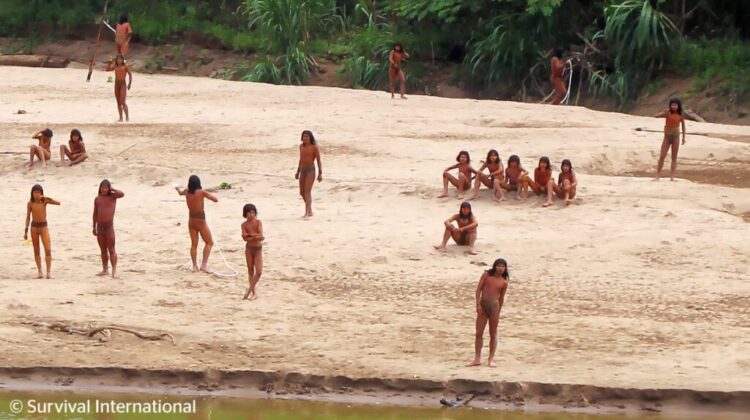
Deep within the heart of the Peruvian Amazon, a hidden world has been exposed. The Mashco Piro, believed to be the largest uncontacted tribe on Earth, have been captured on camera near logging concessions that threaten their existence. This rare glimpse into their lives has sparked a global outcry and renewed calls for the protection of indigenous peoples and their ancestral lands.
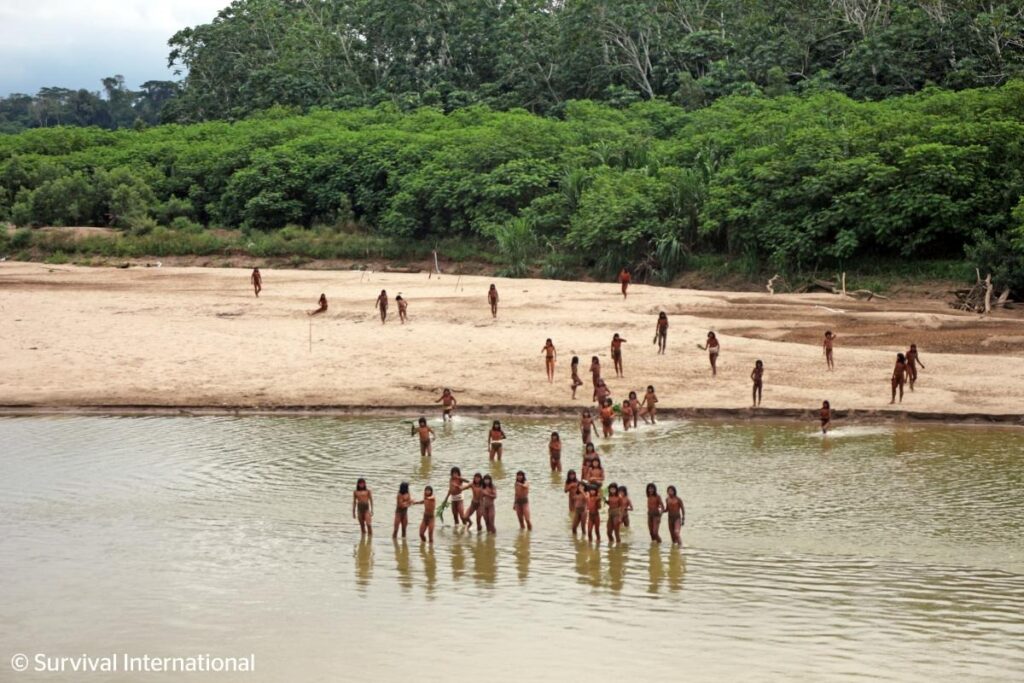
A Tribe Under Threat
The Mashco Piro, numbering over 750 people, have lived in isolation for generations, fiercely guarding their territory from outside intrusion. Their history is marked by tragedy, having survived massacres and enslavement during the infamous “Rubber Boom” of the 1880s. Today, they face a new threat as logging companies encroach upon their ancestral lands.
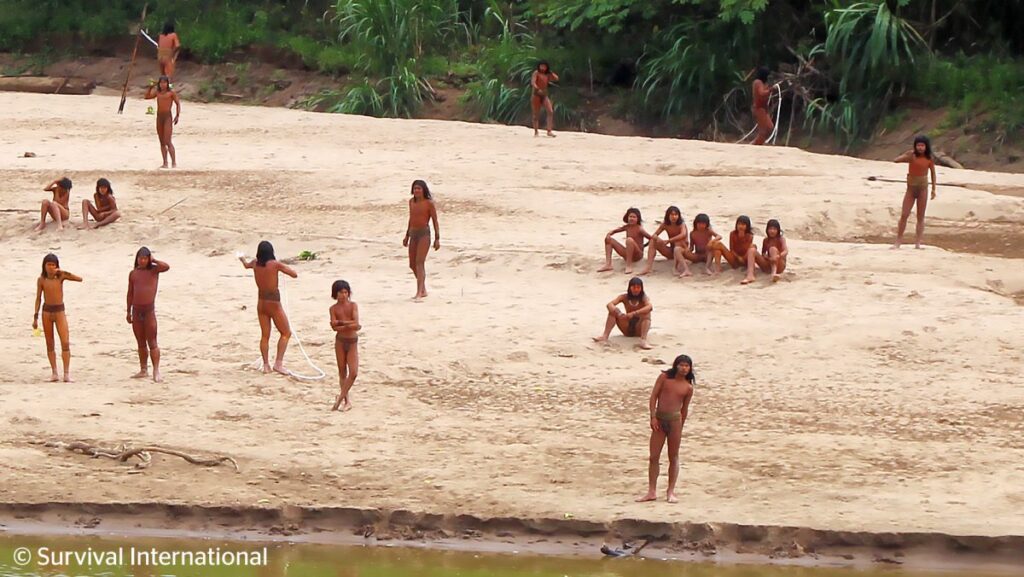
A Dangerous Proximity
Recent footage shows the Mashco Piro venturing closer to settled communities, a sign of the increasing pressure they are facing. The proximity of the tribe to logging operations has raised alarm among indigenous rights activists and environmentalists. Survival International, a global movement for tribal peoples’ rights, has released these images to highlight the urgent need for action.
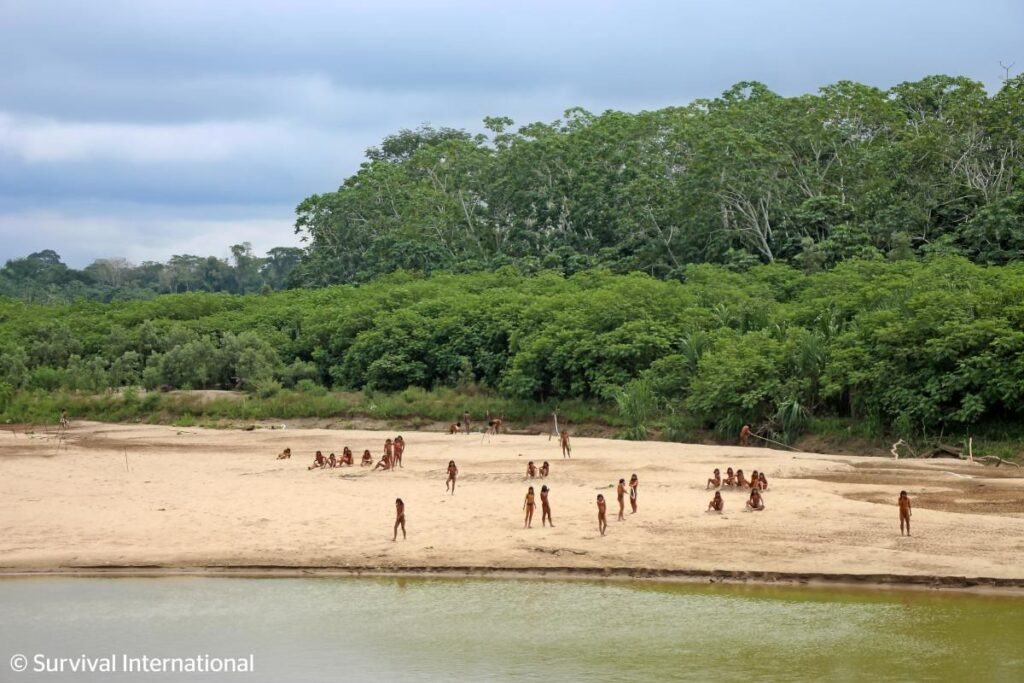
A Call for Protection
Survival International is calling for the extension of the Mashco Piro’s reserve and the revocation of logging licenses in the area. They emphasize that protecting the tribe’s territory is not only a matter of human rights but also crucial for the conservation of the Amazon rainforest.
The Devastating Impact
The impact of logging on the Mashco Piro’s way of life is profound. Deforestation is destroying their habitat, forcing them to seek food and supplies from neighboring communities. This interaction carries risks for both groups due to the Mashco Piro’s lack of disease immunity and the potential for violent encounters.
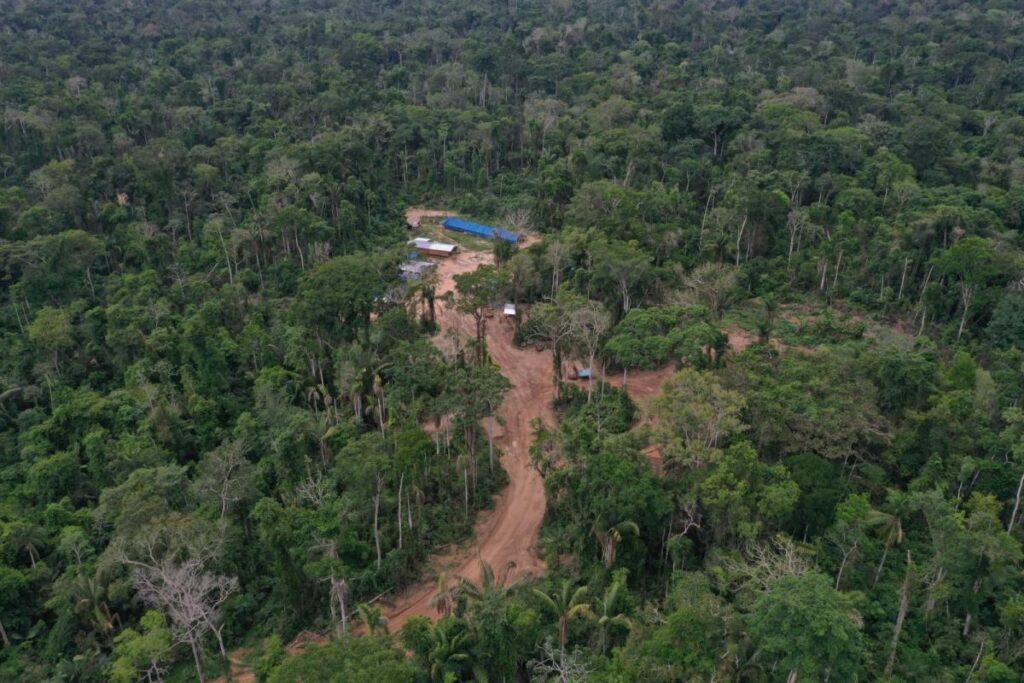
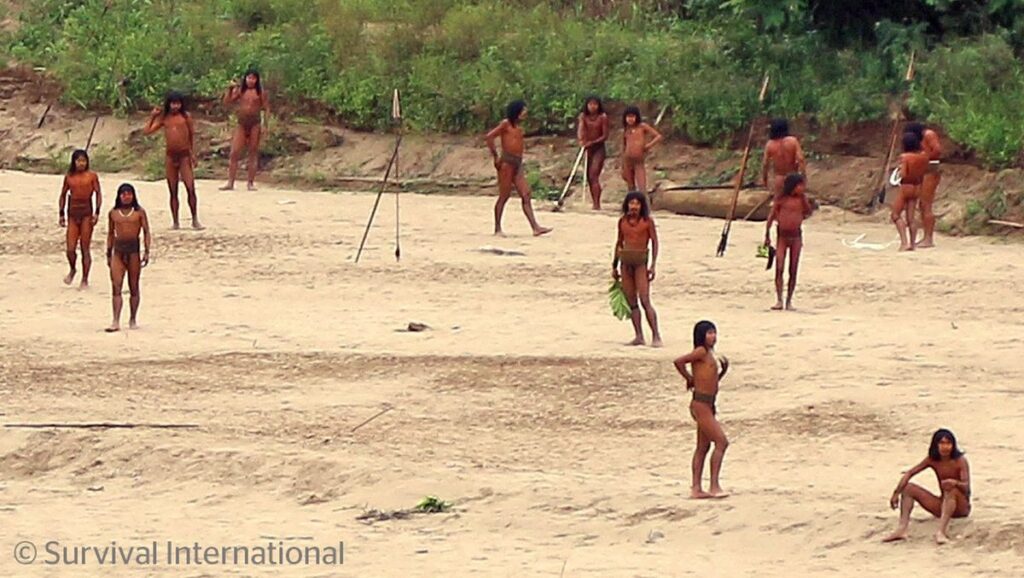
A Global Crisis
The Mashco Piro’s plight is a stark reminder of the ongoing struggles faced by indigenous peoples around the world. Deforestation, illegal logging, and mining are destroying their ancestral lands and threatening their cultural heritage. It is imperative that we take action to protect these vulnerable communities and ensure their survival.

Leave a Reply